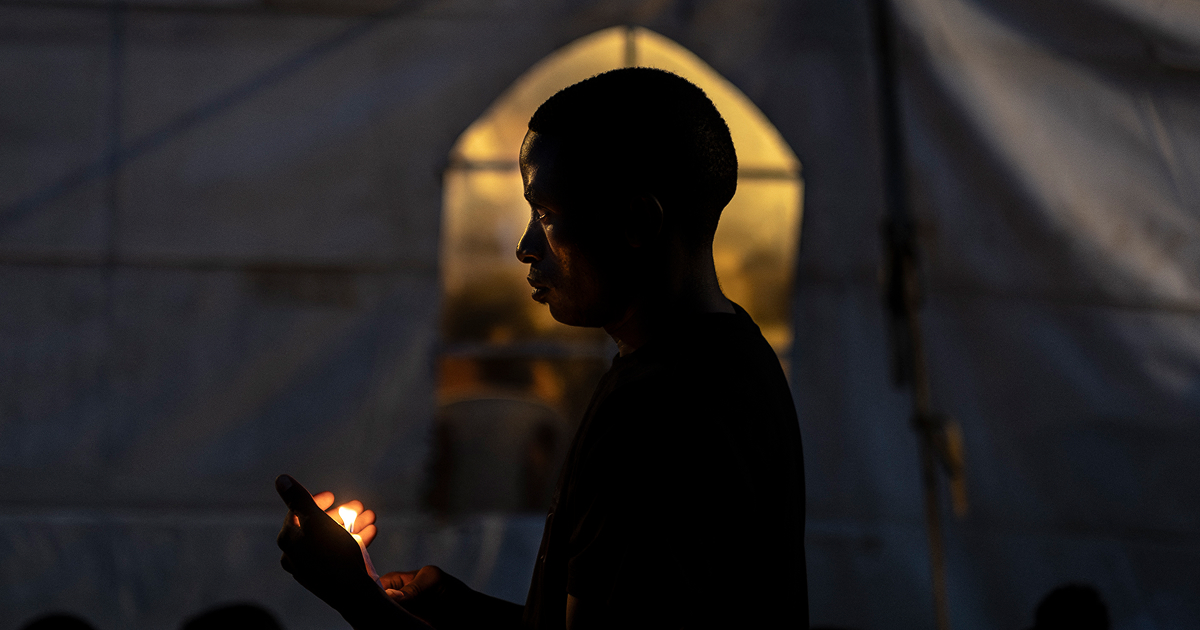Only one Catholic family now remains in a new housing development in north Belfast after a series of attacks and threats forced others to leave their homes.
The development at Alloa Street in Belfast, Northern Ireland, was opened last November, with houses allocated to families from different sectarian backgrounds.
An event to welcome residents last December was attended by Brian Kingston, the DUP MLA for North Belfast. However, tensions grew in May when a Catholic family was attacked and threatened. They remained in place after what was locally described as an approach to loyalists, though both politicians and paramilitaries have denied knowledge of any “deal”.
A senior source within the West Belfast UDA (Ulster Defence Association) said the organisation had “not issued any threats nor been involved in any attacks,” a claim the police have not contradicted.
The UDA was the largest loyalist paramilitary organisation in Northern Ireland during the Troubles—a period of sectarian violence between unionists, who wanted to remain part of the UK, and nationalists, who sought a united Ireland.
Formed in 1971, the UDA claimed to defend Protestant and unionist communities, but was responsible for hundreds of sectarian murders, mainly carried out under the cover name “Ulster Freedom Fighters” (UFF). Although the group declared a ceasefire in 1994 and said it would decommission weapons, it has remained linked to organised crime, drug trafficking, and intimidation in working-class loyalist areas.
Today, while proscribed as an illegal terrorist organisation, local factions of the UDA still exert influence in parts of Belfast and other towns through community control and so-called “paramilitary-style attacks.”
The situation escalated last Thursday when three properties were targeted, forcing more families to flee. One home has been boarded up following an attack, another lies empty, and a third property previously occupied by a young family now stands vacant. Of the four Catholic families originally allocated houses in Alloa Street, just one remains.
The PSNI confirmed it had “strengthened its policing footprint” in the area, saying: “Intimidation of any kind has no place in society. Every individual has the right to live in peace, free from fear, in their own homes.”
John Finucane, Sinn Féin MP for North Belfast, condemned the incidents and called for a united response. “It is important that we send a strong and united message that racist and sectarian intimidation will not be tolerated,” he said. “The vast majority of people in North Belfast want to live in peace and for those responsible for these incidents, they do not represent these communities.”
The houses are part of a £2.6 million scheme by Clanmil Housing and include a mix of two- and three-bedroom properties, as well as wheelchair-accessible homes. They were promoted as “lifetime homes”, adaptable to changing needs and equipped with additional security features.
Clanmil said it was working with police, community representatives, and politicians to support tenants and to “ensure these homes are safe and welcoming for everyone.”
The Diocese of Down and Connor was once deeply rooted in north Belfast, with strong Catholic communities spread through Oldpark and Ardoyne. But years of sectarian violence have shifted the balance, and today identity in the area is defined more by political allegiance and republicanism than by theology.





.png)











